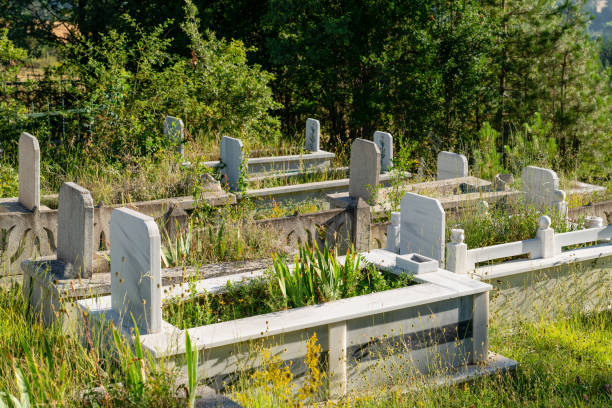In order to obtain the Certificate for Burial or Cremation (or Green Burial form) and the Certificate of Registration of Death, you will need to provide the Registrar (at the council office for Registration of Deaths) with information about the deceased usually supplied on the Registrar’s Information Request form.
How We Can Help
We provide a free Muslim funeral service to all Muslims across South London to reduce the burden and stress at times of need. Our detailed guides provide step by step information on what to do when someone dies, support for someone who approaches end of life and post death guidance.








